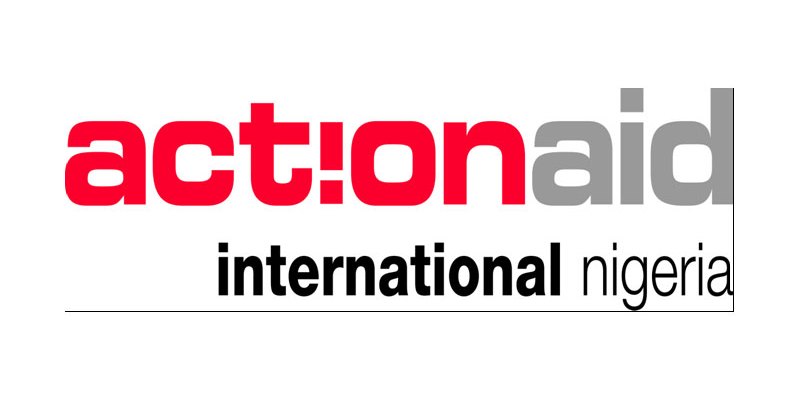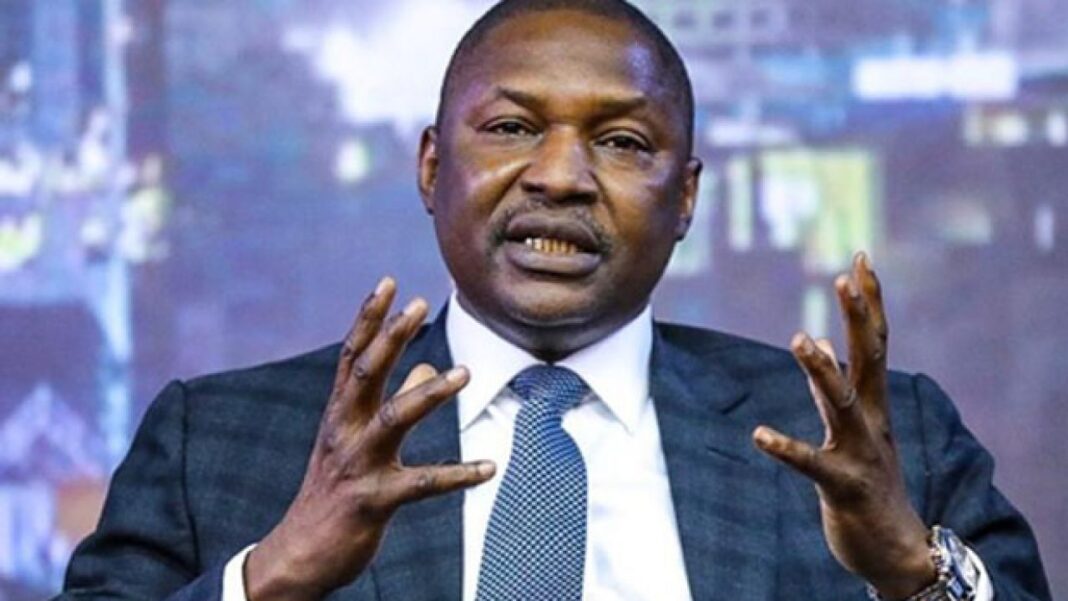By Joyce Remi-Babayeju
As the world commemorates the International Day of Persons with Disability, PWDs, ActionAid Nigeria has called on Governments at all levels to invest more on Public Infrastructure that meets the needs of PWDs.
ActionAid Nigeria made this call today as it joined partners to commemorate the 2021 International Day of Persons with Disability with the theme “Leadership and Participation of persons with disabilities towards an inclusive, accessible and sustainable post-COVID-19 world.”
The People with Disabilities day is set aside to promote the rights and well-being of persons with disabilities in all spheres of society and development, and to increase awareness of the situation of persons with disabilities in every aspect of political, social, economic, and cultural life.
Country Director, Ene Obi who spoke in Abuja said, “ActionAid has been working on disability issues prior to 2015 when world leaders committed to achieving SDG4 to deliver equitable, inclusive, and quality education for all by 2030.
ActionAid Nigeria’s evidence-based approach to work over the years showcases challenges faced by Persons with Disability, one of which is the disability and gender gaps impacting on their participation in all spheres of life.
ActionAid research revealed that there is a broader exclusion for women who are subjected to harmful stereotypes, adding
that whatever the challenge faced by Persons with Disability, women with disability suffer more and are subjected to double discrimination. Poverty and other challenges of exclusion undermine their dignity and places barriers of exclusion in the society”.
This is the same for children with disability in Nigeria.
ActionAid’s research on Inclusive education shows that 95.5% of children with disability are out of school because of their non-enrollment due to their condition.
Those who enroll, are less likely to complete their education compared to their peers; this is associated with over-crowded classrooms, inaccessible learning environment, lack of facilities to support their learning as teachers are unable to give them the required support. These have huge impact on their ability to participate in leadership and overall development of the country.
AAN noted that despite progress made in ratifying the Policy on Inclusive Education in Nigeria, current education resources are insufficient to achieve inclusive education; only two percent of the Consolidated Revenue Fund to the Universal Basic Education Commission is provided for special needs.
Government Budgets and plans are not sensitive enough to support inclusion which makes financing inclusive education very difficult. The research further revealed that Nigeria lacks the qualified teaching workforce required to deliver inclusive education as they have not received sufficient training to practice inclusion in addition to inadequate fund to purchase the necessary technological materials.
Just 20% of $8.3 billion dollars lost to unnecessary tax incentive in Nigeria could pay for the recruitment and renumeration of estimated deficit of 790,422 primary school teachers required in the country.
Meanwhile ActionAid Nigeria has commended the Nigerian Government on the establishment of the National Commission for Persons with Disability (NCPWD) but called for more investment in infrastructure and public services for the needs of teeming Nigerian population.
Governments should ensure that PWDs participate equally and meaningfully in all processes; designing, legislating and budgeting for city planning and public transport, ActionAid added.





